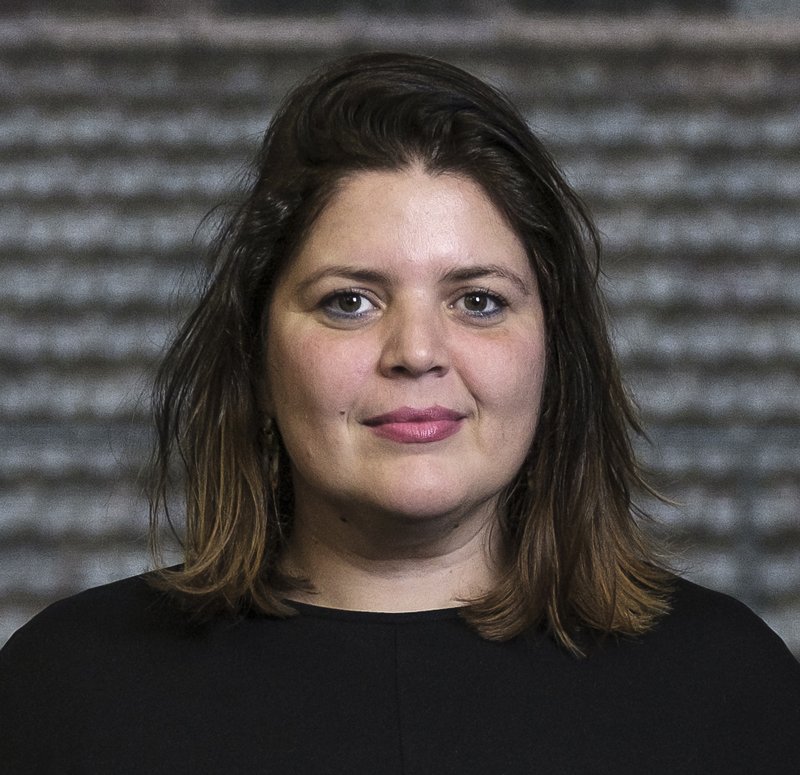Veronica Valentini

In 2022, 41 contemporary art curators, researchers, and museum directors from 24 different countries were awarded to attend the CIMAM 2022 Annual Conference. The CIMAM 2022 Annual Conference, titled "The Attentive Museum. Permeable Practices for a Common Ground", was held in Mallorca (Balearic Islands), Spain on 11–13 November, hosted by Es Baluard Museu d'Art Contemporani de Palma.
Conference Report by Veronica Valentini:
I have known about the CIMAM congresses for some time but It was only this year that I had the chance to apply and participate. The title in particular, The Attentive Museum. Permeable Practices for a Common Ground, was a source of curiosity for me. From the point of view of an independent curator who works mainly as parainstitution generating art and (un)learning spaces within nightclubs, music festivals, the public space, but also in art centers and medium-sized institutions, I was interested in understanding reflections and activities that museums carry out in this respect.
Among the lectures by museum’s directors, thinkers and artists, I would like to mention the intervention by Denise Ferreira da Silva about the notions very inspiring of transparency, disorientation and refusal that can helps to act in a different way within the traditional museum emerged from colonial regime, and the proposal much more practical by Clementine Delisse about her metabolic museum that question the practice of the institution in the post-colonial era. She reminds us that museums are civic institutions that should reconsider the length of exhibition programmes, that should talk about collections - the so called 'unspoken problems', and that museum halls should be used as rooms for unlearning our practices.
I was happy to discover the incredible Zoma museum in Addis Ababa, Ethiopia, through the words by Meskerem Assegued Bantiwal and the work by south african artist Sethembile Msezane, both sharing holistic and ecologic practices. My hunger for knowledge was satiated progressively especially by the conversations established in the workshops with other colleagues from distinguished professional backgrounds about their engagement with different communities and experiments with shared governance.
In this sense, I would suggest giving more importance to these moments, as the most daring and fruitful discussions for the sector can sometimes only take place in less formal settings rather than on stage.
I want to thank the CIMAM board and patrons who made my participation possible, which would not have been possible otherwise, the precious hosting venues in Mallorca, especially the involvement of Esment, a non-profit organisation caring for people with intellectual disabilities and their families which is a perfect example of a contemporary institution combining sustainability, culture, and education. Last but not least, I would to acknowledge the work done by the CIMAM team - Ines, Susana, and Olga – for taking care and organising this wonderful study trip with the participation of many professionals from all over the world.